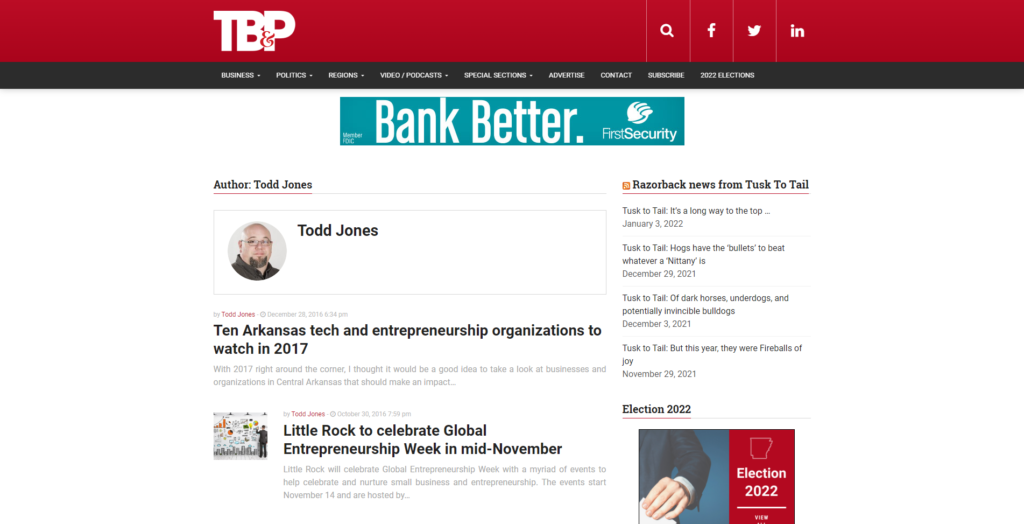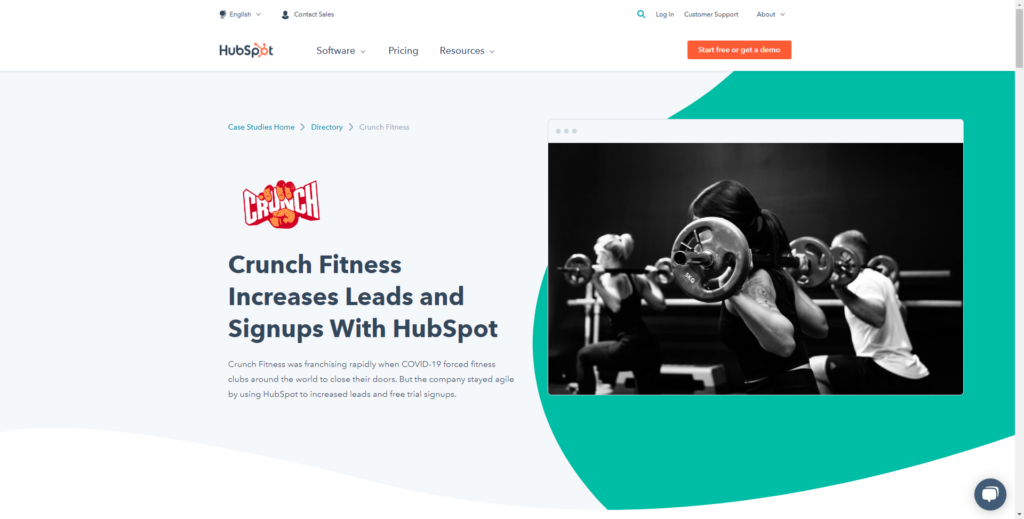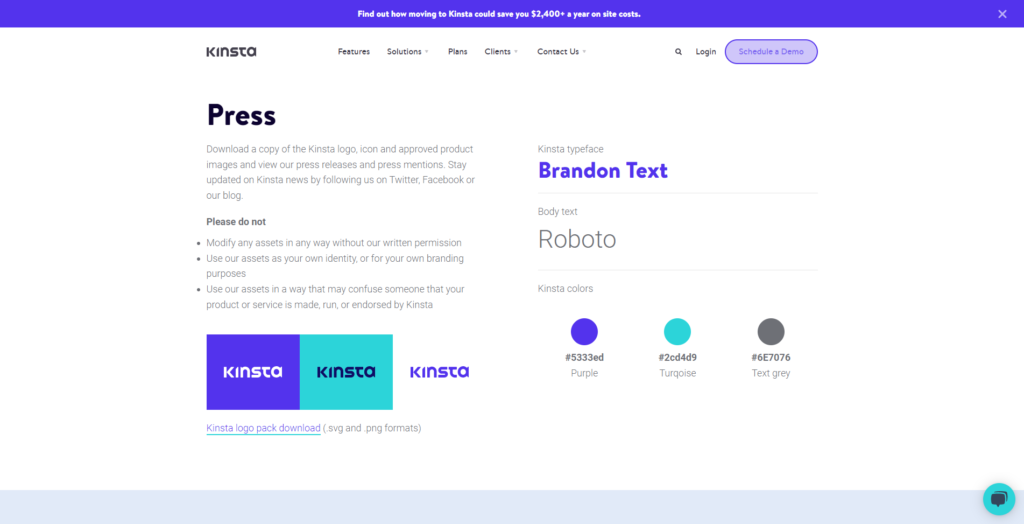Most of you are website care agencies. You aren’t really looking to “impact millions” but impact those you serve.
You just want to help your customers.
You want to help them solve problems, grow their business, and generate leads that can help them sustain success.
So, you aren’t really looking to get published in Forbes (or maybe you are).
There are probably a hundred ways to generate leads, but there is a point where we all want to have leads to come to us in some way. To do this, we need to pull the levers of marketing and specifically, public relations.
Public Relations can be very powerful to help a company.
Have you ever wondered why your competitor wound up in that news segment or quoted in an article? It doesn’t happen by accident.
For the better part of two years, I wrote tech and startup articles for a statewide business news publication in Arkansas.
I learned a few things that can help you.
Further, I spend lots of time looking at WordPress products, including plugins and software as a service. There are some glaring issues with many of these companies not being prepared for public relations.
So, why do Public Relations matter? According to HubSpot,
“PR is how brands manage the spread of their information, so it’s similar to branding. The main difference is that PR focuses on communication and reputation, while branding relies on visual elements like logos, websites, and marketing materials.”
Today, I am going to offer you three tips that can make things a lot easier for you to utilize public relations for your business.
1. Connect with influences, journalists, and writers.

Screenshot: talkbusiness.net/author/todd-jones/
Journalists and industry influencers are human beings. Making a connection while not pitching goes a long way.
There is nothing worse than only hearing from an entrepreneur when they need coverage. If you think it’s slimy, they do too.
When I used to write startup and tech stories for a statewide publication, I used to tell entrepreneurs “be a source” for a story.
Writers and journalists always need sources if they care about their writing. Think of it as “organic help a reporter out.” You don’t have to sign up for the HARO email newsletter (you can if you want), just create a relationship with a writer.
Simple things like sending them an email or tweeting that you enjoyed an article and thought it was well done can go a long way. They will remember that.
Here is another trick.
If they have an email newsletter, subscribe to it. Then, when they inevitably send you that first email asking whatever they ask, reply and say you enjoy their stories, ask a great question, or simply answer the question they ask. Just interact with them.
I’ve visited with all kinds of influencers doing this one thing. They almost always love a reply to their email newsletters. They might miss you on social media, but if you reply to their emails, it gets their attention.
You should to be careful because in the back of your mind you may have an agenda which is “get media coverage.” You need to put that agenda away and treat them like a person you met in a pub or at a bar.
Give more than you get.
One day, when the time is right, you can ask them to help or, even better, they may ask how they can help you. Just don’t ghost them after they have shared your news or your product.
2. Create useable and memorable case studies (customer success stories).

Case studies are your secret weapon. Here’s why.
Suppose a journalist or writer is on your website (they will visit because they will check you out) and they are learning more about your product or service. Then, they start to look around.
First, they visit your About page.
Next, they glance at your blog section and perhaps even look for your latest news. Next, they may consider signing up for your email newsletter. They are basically doing research on who you are and what you do.
They begin looking for social proof, including testimonials. Next, they notice case studies.
So they decide to dive into those case studies. They are looking for data, numbers and ultimately a story of how you improved someone’s life or business.
Not only that, they can see who you are talking to in the case study, what customer, what business, etc.
This makes it easier to reach out to them and verify if everything written is true. A case study will leverage your position with the journalist or an influencer who is trying to decide if you are worth their time to interview.
3. Create a Digital Press Kit so you are ready when the iron strikes hot.

Screenshot: kinsta.com/press
Picture this.
A writer or journalist contacts you to be a source in his or her article. You respond quickly and give them an interview or quote. It goes really well.
They tell you they are going to use what you gave them in an article. Then they ask you for things like a bio, a headshot, social media links, company history, and more.
Maybe the writer wants to do a story about you and your company. They will need lots of information about your company, history, logos, and other things.
Your Press Kit, or Media Kit, is where you store that information. It will help anyone writing an article about your company gather the information they need without endless emails back and forth.
Do you have previous press coverage or been on a podcast? You can add those links there. Do you have case studies for client work? You can add those to your Press Kit as well.
A Digital Press Kit can be located in your menu under your About page.
Below are two excellent sources to learn more about creating a Press Kit:
9 Things That Must Be in Your Electronic Press Kit
What is a Media Kit — and How to Make One [+ Press Kit Examples]
Wrapping it up
WordPress product owners and agencies should not discount the power of publicity. Public relations can go a long way, especially if you can get press coverage in a niche or a geographical area where you are located.
Many publications regularly have more reach than you have in your company. You can use public relations as a strategic part of your marketing.
Further, consider podcasting as part of that public relations strategy. Being a guest on a podcast can also boost your brand awareness in other directions.
Have you used a public relations strategy in your business? Let us know in the MainWP Users Facebook Group.







